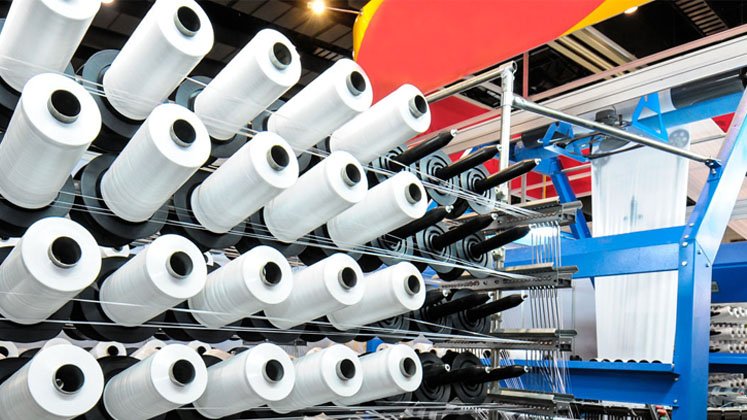Mr. Joris Oldenziel, Executive Director of the International Accord on Health and Safety in the Textile and Garment Industry has offered services to the textile industry of Pakistan without charging the local textile manufacturers.
There is no fee for participation in the Accord program by the local suppliers. The Accord charges fees to international brands and buyers, he added.
He was heading a delegation to the All Pakistan Textile Mills Association (APTMA) on Tuesday, including Ms. Veronique Cremer, Head of Policy and Advocacy, and Mr. Zulfiqar Shah, Consultant of International Accord.
Read also
UK’s rate of inflation hit a fresh 41-year high in October
Mr. Hamid Zaman, Chairman, Mr. Kamran Arshad, Senior Vice Chairman, Mr. Asad Shafi, Vice Chairman, and Mr. Raza Baqir, Secretary General of the Association received the delegation at the Northern Zone office.
Mr. Oldenziel said the Accord was created to ensure that workers operate in a safe working environment without fearing building safety accidents and other workplace safety issues.
He said the program was started in Bangladesh in 2013. It was followed by the establishment of International Accord programs in other countries based on key principles of accountability, transparency, independence, worker participation, and inclusive governance.
He said more than 180 international brands are signatories to the Accord at present. Speaking on the occasion, Chairman APTMA North Zone Hamid Zaman said APTMA member mills are 100% compliant corporate entities and the performance of industries is strictly monitored by international and national agencies.
GCCI Delegation Calls on Chairman FBR
He said the textile industry in Pakistan was fully compliant with International and local sustainability standards like SA 8000, Oeko Tex made for green, Step, etc. Also, he added, the textile mills were contributing to the implementation of Sustainable Development Goals besides ensuring compliance with 27 conventions of GSP plus status relating to social, gender, environmental, and other aspects.
He said the industry working out an action plan to invest in pollution-control technologies and moving away from fossil fuels, amid the ongoing global energy crisis.
Senior Vice Chairman Kamran Arshad said the textile industry is an equal-opportunity employer with no gender discrimination. He said competitive salary packages with housing & transport facilities are ensured for the laborers besides providing them with training facilities.
According to him, appropriate shift hours and daycare centers for female workers are maintained in the industry and there is no child labor in APTMA member mills.
He said each mill has enrollment for government social security system for free medical, maternity, disability, and wage retirement benefits other than medical insurance and accidental coverage.
While extending a vote of thanks to the visiting delegation, Vice Chairman Asad Shafi said the textile industry has plans to set up 1000 garment plants to increase textile and clothing exports to US$ 50 billion.
The total investment would be US $7 billion over the next 4 years, generating incremental exports of $20 billion annually while providing employment to well over 1.5 million workers.

